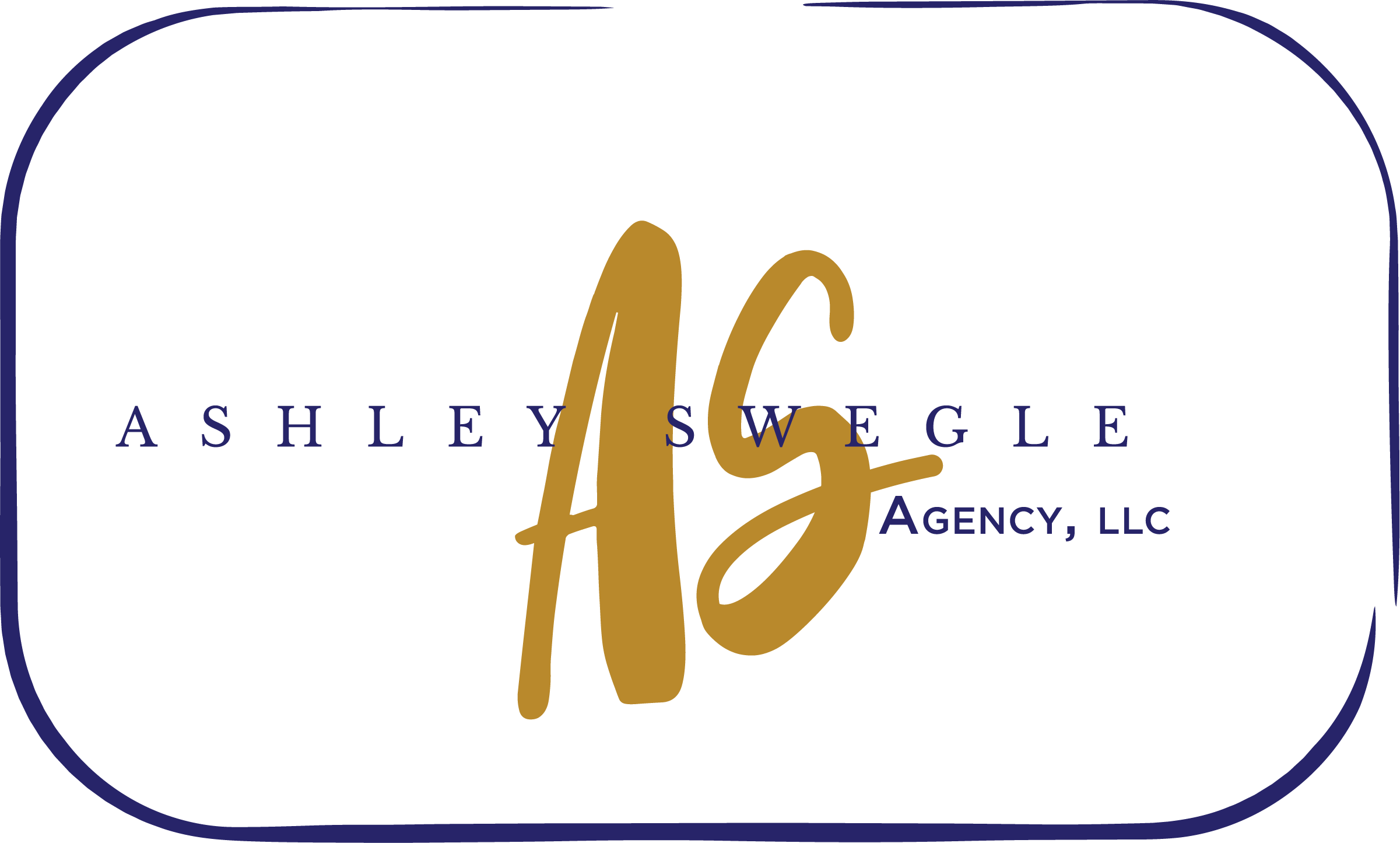Your Trusted Insurance Agency in Lebanon, MO
Ashley Swegle Agency is a locally owned, independent insurance agency serving Lebanon and the surrounding Laclede County Missouri area. Our mission is to provide personalized coverage, outstanding service, and valuable advice to ensure our clients are protected in every area of their lives.

- Phone: (573) 317-4535
- Email: ashley.swegle@american-national.com
- 155 E US Highway 54, Camdenton, MO, 65020
Ashley Swegle
Your Lebanon, MO Insurance Agent
Hello, I’m Ashley Swegle, and I’m ready to help you find the best option to protect what matters most. With five years of insurance experience, I can help guide you through the insurance world to find some peace of mind. I’m here to help you find the perfect insurance solutions tailored to your needs.
About Ashley Swegle Agency
At Ashley Swegle Agency, you deserve nothing less than excellent service and customized insurance options tailored to your needs. With years of experience and a deep understanding of the industry, we know what it takes to support our clients when they need it most.
Comprehensive Insurance Services
Auto Insurance
Protect your vehicle with our reliable auto insurance policies designed for peace of mind on the road.
Home Insurance
Secure your home and belongings with our comprehensive homeowners insurance coverage.
Life Insurance
Ensure your loved ones’ financial security with a life insurance policy that meets your goals.
Business Insurance
Safeguard your business with our tailored commercial insurance solutions.
Renters Insurance
Ensure your personal property is protected with our affordable renters insurance plans.
Motorcycle Insurance
Protect your motorcycle and ride with confidence through comprehensive coverage
Get Your Free Insurance Quote Today!
(417) 532-3832
Contact us
Contact a Local Insurance Provider
Address
679 W Elm St #4, Lebanon, MO 65536
info@ashleyswegleagency.com
Phone
(417) 532-3832
